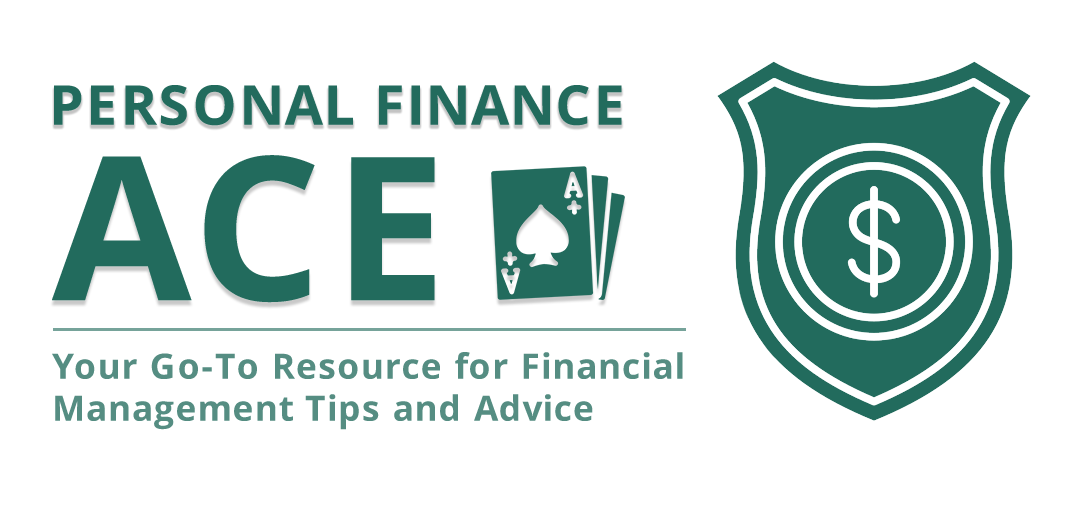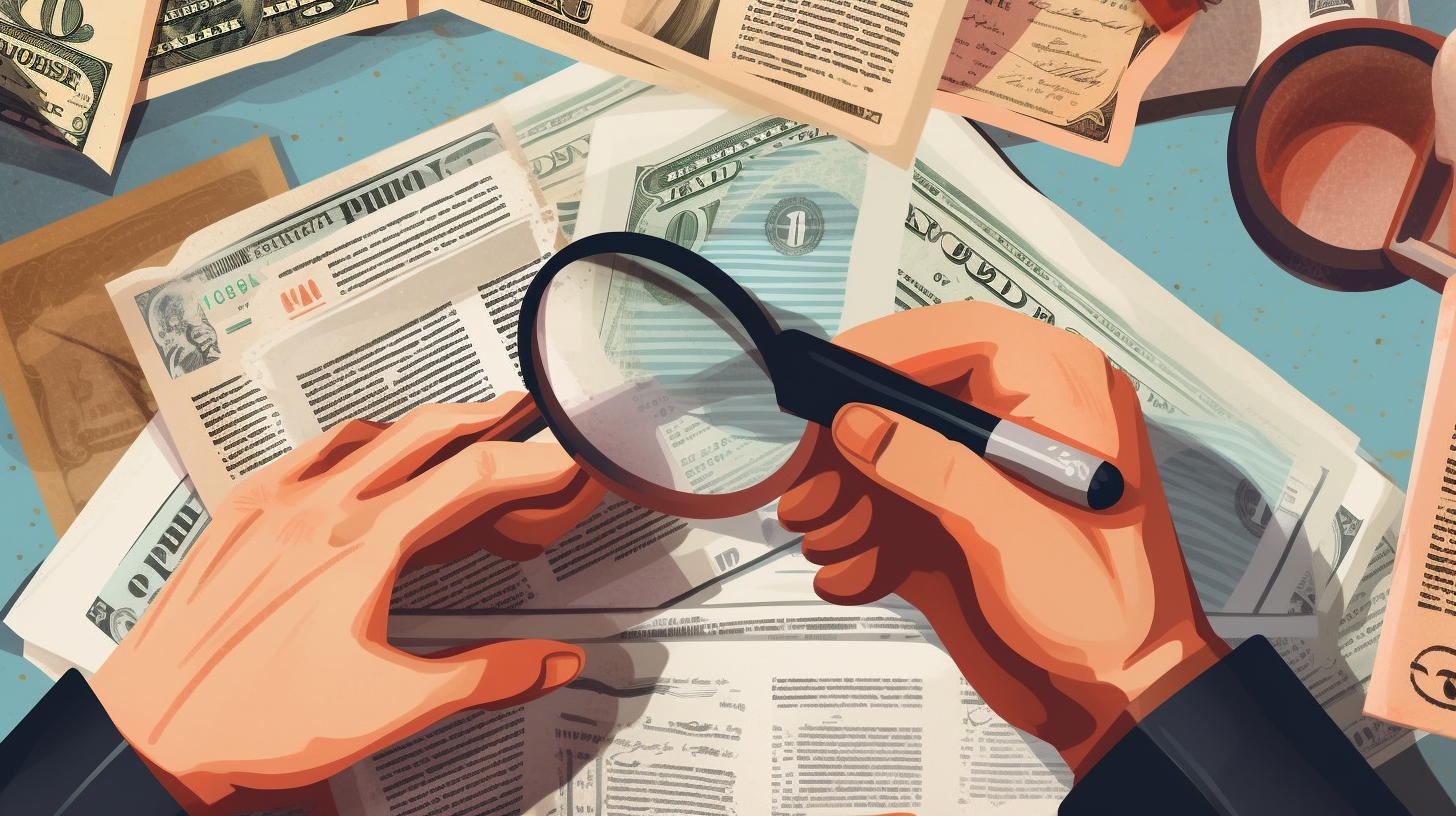As a small business owner, it’s important to not only focus on growing your business, but also on your personal finances. Managing your personal finances effectively can help you achieve financial stability and ensure your long-term financial success. Here are some strategies for small business owners to achieve financial success:
Keep Personal and Business Finances Separate
One of the biggest mistakes small business owners make is mixing their personal and business finances. This can make it difficult to keep track of expenses, and can also create legal and tax issues down the line. It’s important to open separate bank accounts for your personal and business finances, and to keep track of all your expenses and income separately.
Create a Budget
Creating a budget is essential for any small business owner. A budget can help you keep track of your expenses and income, and can also help you identify areas where you can cut costs. Start by creating a list of your monthly expenses, including both personal and business expenses. Then, compare your total expenses to your total income to see if you need to make any adjustments.
Minimize Debt
Debt can be a major obstacle to financial success, so it’s important to minimize your debt as much as possible. Start by paying off any high-interest debt, such as credit card debt, as quickly as possible. Then, focus on paying off any other debts, such as business loans or personal loans. Avoid taking on any new debt unless it’s absolutely necessary.
Save for Retirement
As a small business owner, it’s important to plan for your retirement. This means setting aside money each month for your retirement savings. Consider opening a retirement account, such as a 401(k) or IRA, and contribute to it regularly. You can also consider working with a financial advisor to help you create a retirement plan that’s tailored to your needs and goals.
Keep an Emergency Fund
Unexpected expenses can arise at any time, so it’s important to have an emergency fund to fall back on. Aim to save at least three to six months’ worth of living expenses in an emergency fund. This can help you avoid going into debt when unexpected expenses arise.
Work with a Financial Advisor
Managing your personal finances as a small business owner can be overwhelming. Consider working with a financial advisor who can help you create a personalized financial plan that’s tailored to your needs and goals. A financial advisor can help you with everything from creating a budget to investing for your retirement.
It’s important to manage your personal finances effectively to achieve financial success. By keeping personal and business finances separate, creating a budget, minimizing debt, saving for retirement, keeping an emergency fund, and working with a financial advisor, you can set yourself up for long-term financial success.





